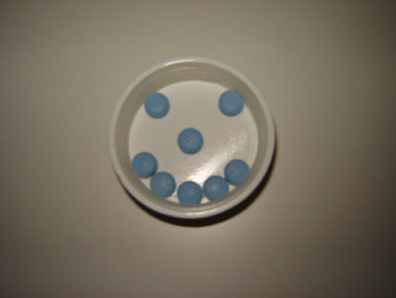GSK Theoretically Not Going To Pay Off Docs Anymore
In its announcement, GSK said it will “begin a consultative process towards stopping direct payments to healthcare professionals for speaking engagements and for attendance at medical conferences.”
The company also intends to remove sales targets for its sales representatives, and to change its internal compensation structure.
Theoretically, with the individual sales targets removed, company sales reps will no longer have strong incentives to ply prescribing doctors with every possible reason to prescribe more of their drugs.
Maybe that means you won’t have to wait for your doctor to come back from her 3-hour lunch with the pharma company sales reps. Not likely, but dare to dream.
The changes are set to be completed by 2016, and are intended to bring the company’s global operations in line with the “Patient First” approach GSK has claimed to employ in the U.S. since 2011, as part of an agreement with the Department of Health and Human Services.
UK-based GlaxoSmithKline, responsible for a huge array of brand name drugs, including Flonase, Paxil, Wellbutrin, and Zantac, has faced criticism and lawsuits over its marketing practices before. In 2012, the company settled with the Justice Dept. for $3 billion and pled guilty to three criminal counts related to marketing and safety issues. The settlement included revelations that GSK had paid TV’s Dr. Drew Pinsky to talk up their drug Wellbutrin to his audience as a drug that could improve sexual experience for people taking antidepressants.
Famous TV and radio doctors aren’t the only physicians who have received financial encouragement from major drug companies to promote the companies’ products. Those speaking engagements and medical conferences can be quite lucrative.
The problems with drug marketing are hardly limited to GSK; Johnson and Johnson, Amgen, and Pfizer have also all had to pay up in the last year or so, after making misleading claims or paying kickbacks to prescribing doctors.
The practice has been widespread for a very, long time, and contributes to high costs of medical care for patients.
A full government database outlining who gets paid the most by drug companies is scheduled to come online in fall 2014, and ProPublica already has a pretty thorough database of this information.
Not only has GSK been in trouble with the United States government, but also the company is under investigation for bribing doctors in China.
Want more consumer news? Visit our parent organization, Consumer Reports, for the latest on scams, recalls, and other consumer issues.


